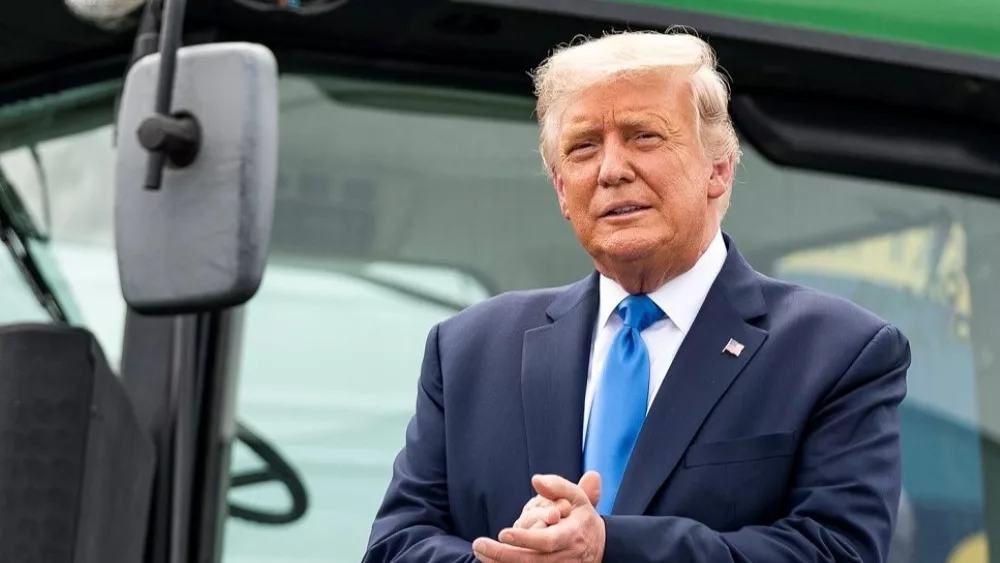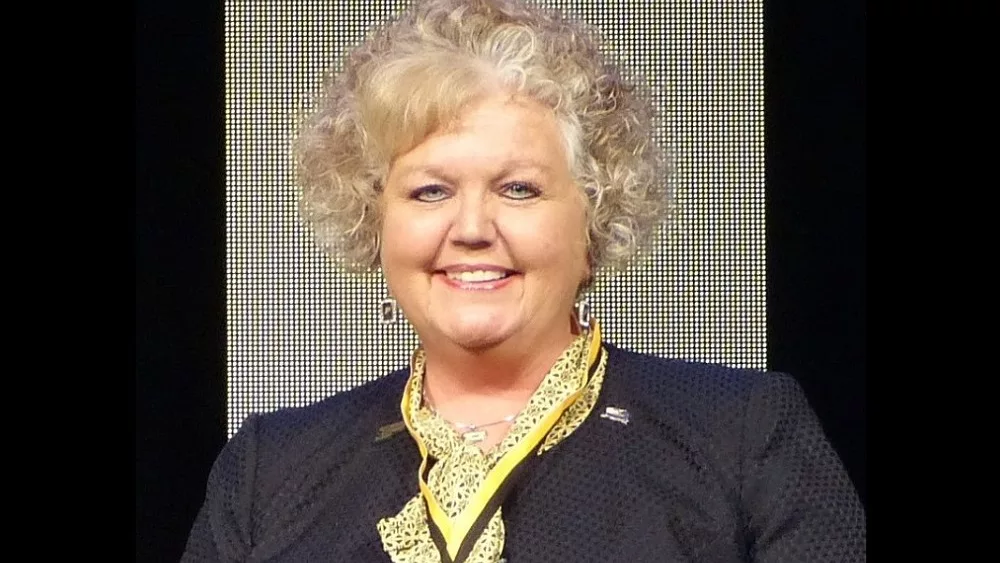
The relationship between the U.S. and China is turbulent, which isn’t welcomed when it comes to trade.
“China is, at the same time, many things to us—it is a rival, it is a competitor, but it also is a partner in areas where we can establish that kind of trust,” says U.S. Trade Ambassador Katherine Tai during USDA’s Ag Outlook Forum.
She says this profoundly consequential relationship is becoming increasingly complex.
“Trade data has come out, and it is confirmed for us what we saw on the trends for 2021, which is when you look at the level of commitments on purchases—agricultural and non-agricultural—the Chinese made to the U.S. government and U.S. producers two years ago,” says Tai. “The performance has been uneven, and we have shortfalls we have to contend with.”
China fell $213 billion short of meeting its commitments under the Phase One trade agreement. As a result, Tai says she and her team have had direct, honest conversations with the Chinese about holding the country accountable.
“These have not been easy conversations, and in fact, they have gotten more difficult over time,” she says.
Despite this, she says these challenges haven’t changed the relationship between the two countries.
“In the months forward, we will continue our work to press China on the impacts of its policies on our producers,” says Tai. “[We will] increasingly focus our conversation around how we can adapt to a world where we very much would like for China to play by our rules, but we cannot make decisions for China.”
Tai also spoke about the ongoing situation in the Black Sea region, calling it gravely concerning. She says USTR is assessing how our trade policies consider foreign policy and domestic economic needs to be a trading partner our allies need.




